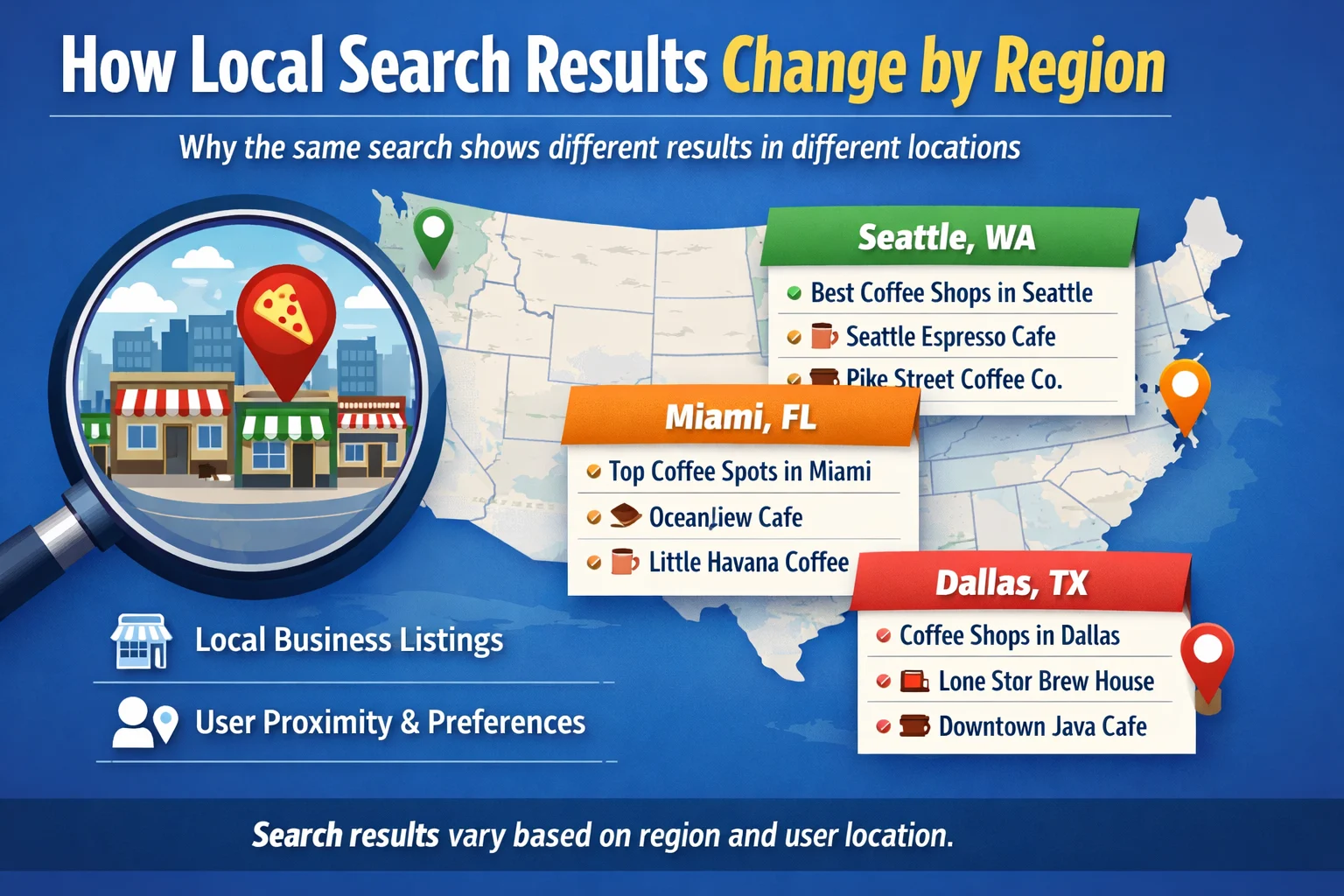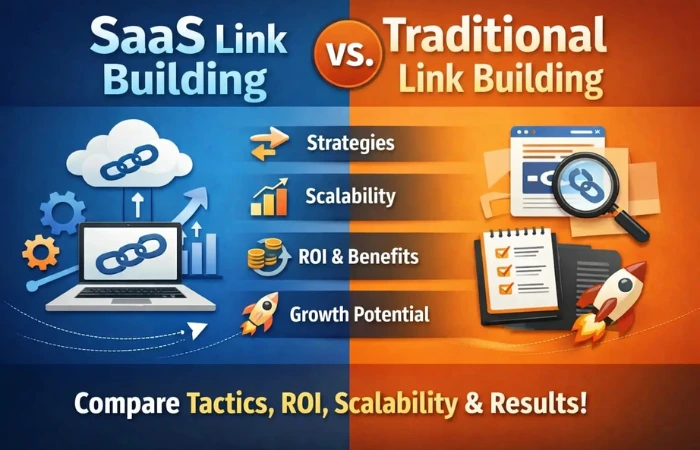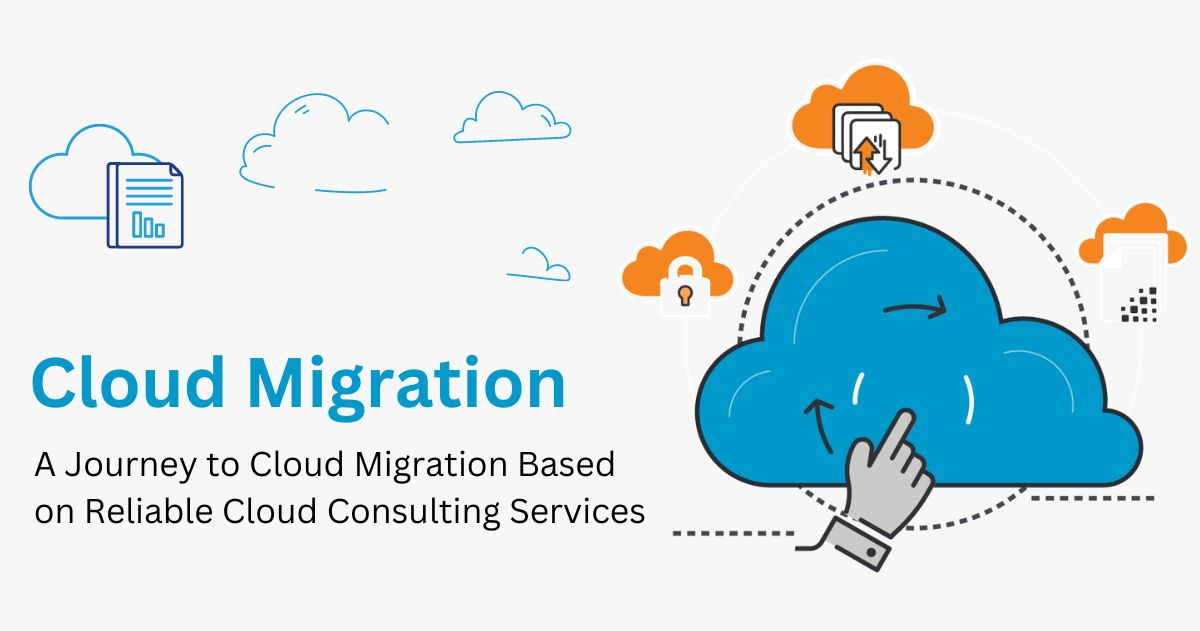When you hand over your credit card at a restaurant or share your medical information with a doctor, you probably don’t think twice about whether that information will stay safe. But behind the scenes, there’s this whole invisible system working to make sure your personal data doesn’t end up in the wrong hands. Companies and organizations follow strict rules and get special certificates to prove they can be trusted with your information.
Think about it this way – would you trust a restaurant that didn’t have a health inspection certificate hanging on the wall? Probably not. The same thing happens in the digital world, except instead of making sure the kitchen is clean, these certificates prove that a company’s computer systems are secure, and they know how to handle sensitive data properly.
What Makes Digital Trust So Important
Every day, millions of pieces of personal information travel through computer networks. Your social security number, bank account details, medical records, and even your shopping habits get stored and moved around digitally. Without proper protection, this information could easily fall into the hands of criminals who might use it to steal your identity or empty your bank account.
That’s where digital trust standards come in. These are basically sets of rules that tell organizations exactly how they need to protect information. Just following basic computer security isn’t enough anymore – companies need to prove they’re doing everything right through official certifications.
The process isn’t simple either. Organizations spend months or even years preparing to meet these standards. They have to check every single computer system, train their employees properly, and create detailed plans for what to do if something goes wrong.
How Organizations Prove They’re Trustworthy
Getting certified to handle sensitive information is a lot more complicated than you might think. It’s not just about having good passwords and antivirus software – though those things matter too. Companies need to show they have complete control over who can access what information and when.
For healthcare organizations, the requirements are especially strict. They deal with some of the most sensitive information out there – your medical records. These organizations often need to meet hitrust certification requirements, which cover everything from how they store patient data to who can look at it and under what circumstances.
The certification process usually starts with a company doing a complete check of all their systems. They need to document every single way information moves through their organization. Then they have to fix any problems they find and prove that their new security measures actually work.
After that comes the real test – an independent auditor comes in and checks everything. These auditors are trained to spot even tiny security gaps that could put information at risk. They don’t just look at computer systems either. They check how employees are trained, what happens when someone leaves the company, and whether the organization has good plans for handling emergencies.
The Different Levels of Protection
Not all information needs the same level of protection. Your email address isn’t as sensitive as your social security number, and your social security number isn’t as sensitive as your medical records. That’s why there are different types of certifications for different kinds of information.
Some certifications focus on financial information. Banks and credit card companies need these to prove they can handle your money safely. Other certifications are all about protecting personal information that could be used for identity theft.
Then there are the really serious certifications for organizations that handle the most sensitive stuff. Hospitals, government agencies, and defense contractors often need these higher-level certifications. The requirements are much stricter, and the auditing process takes much longer.
What Happens When Organizations Don’t Meet Standards
Companies that don’t meet these digital trust standards face some pretty serious consequences. First, they can get hit with huge fines – sometimes millions of dollars. But the financial penalties are often just the beginning.
When a company fails to protect information properly, they lose the trust of their customers. People stop doing business with them, and their reputation gets damaged. In some cases, organizations can even lose their licenses to operate in certain industries.
The legal consequences can be severe too. If a company’s poor security leads to a data breach, they might face lawsuits from everyone who was affected. Insurance companies might refuse to cover them, and they could end up paying damages for years.
Why This System Actually Works
You might wonder if all these rules and certifications actually make a difference. The answer is yes – they really do help keep information safer. Organizations that go through the certification process are much less likely to have data breaches than those that don’t.
The certification process forces companies to think about security in a systematic way. Instead of just hoping nothing bad will happen, they have to plan for different types of threats and show they know how to respond. This preparation makes a huge difference when real security incidents occur.
The regular auditing also helps catch problems before they become serious. When auditors check systems every year or two, they often find security gaps that the organization didn’t even know existed. Fixing these problems early prevents much bigger issues down the road.
The Future of Digital Trust
As more of our lives move online, these digital trust standards are becoming even more important. New technologies create new security challenges, and the standards have to keep up. Organizations are having to protect information in ways they never had to before.
The good news is that the system is getting better at adapting to new threats. When hackers find new ways to steal information, the standards get updated to address those risks. When new technologies create new vulnerabilities, the certification requirements change to make sure organizations know how to handle them safely.
This whole system of digital trust might be invisible to most people, but it’s one of the main reasons we can feel confident sharing our information online. Every time you shop online, use a banking app, or visit a doctor, these standards are working behind the scenes to keep your information safe. The organizations handling your data have proven they know what they’re doing – and they get checked regularly to make sure they’re still doing it right.
Harsh Mistri is a Digital Marketing Executive with over 8 years of experience in SEO, online marketing, and growth strategies. He is passionate about exploring the evolving digital landscape and enjoys writing about technology, SEO, and digital marketing.







